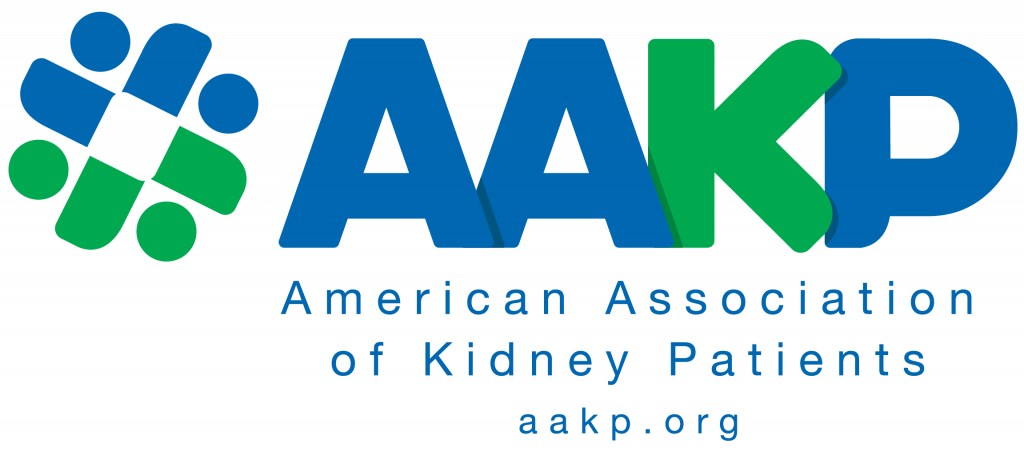

December 16, 2020
Nikolay P. Nikolov, MD
Director, Division of Rheumatology and Transplant Medicine
Food and Drug Administration
Center for Drug Evaluation and Research
Division of Rheumatology and Transplant Medicine
5901-B Ammendale Road
Beltsville, MD 20705-1266
Re: Importance of supporting rational clinical trial design and support for kidney transplant desensitization
Dear Dr. Nikolov:
On behalf of the American Society of Transplantation (AST), representing a majority of professionals engaged in the field of solid organ transplantation, and the American Association of Kidney Patients (AAKP), an independent patient voice for kidney candidates and recipients since 1969 with over 120,000 patient members nationwide, we write to express our concern regarding the FDA’s views on the need for development of new therapies for desensitization of highly-HLA sensitized patients awaiting kidney transplantation. We recently learned from our members that the FDA has not been fully supportive of new drug development in desensitization and has expressed opinions that much of the problem of transplanting highly-HLA sensitized patients could be resolved by the current allocation system. We want to express that desensitization is the standard of practice for highly-HLA sensitized patients who cannot identify a compatible donor and who would otherwise be excluded from transplantation. These policies impede new drug development and result in the loss of opportunities for transplantation in this highly disadvantaged patient population whose only option is to stay on dialysis. Here, important peer reviewed publications1 have shown that utilizing desensitization to facilitate HLA incompatible (HLAi) transplantation improves the duration and quality of life compared to remaining on dialysis indefinitely.
Currently, there are no FDA-approved agents for transplant desensitization, although several experimental agents have been investigated and, there are innovative therapies being developed. One of the most significant barriers to delivery of these novel agents from “bench to bedside” is the difficulty of designing clinical trials in kidney transplantation in a traditional manner, where the control arm reflects the real-world standard of care combined with the lack of surrogate clinical endpoints which would make these studies feasible. The true standard of care in desensitization is to remain on the wait list and any attempt to design a standard of care arm to reflect otherwise, is an exercise in futility which would result in unnecessary delays. The 21st Century Cures Act, which was signed into law in 2016, is designed to help “accelerate medical product development and bring new innovations and advances to patients who need them faster and more efficiently.” Although using precedence and FDA approved therapies (where available) or modalities to establish a standard of care, to modernize clinical trial designs, it is critically important to also consider real-world clinical practice when evaluating comparator arms.
Together, the AST and AAKP are firm in our views that there is a clear need for clinical trial development in desensitization. We agree that the perspective of highly sensitized patients and the clinical expertise of the professional membership of the AST are critical in clinical trial development and evaluation of the FDA’s recommendation, which may not address the current needs of our patients.
The merits of desensitization therapy as she successfully transitioned from dialysis to a transplant. The kidney patient community, in particular, closely follows developments in standards of practice for desensitization therapy and is keenly aware of this issue.
The AST and AAKP respectfully request that you reconsider this stance, as it impacts access to transplantation for a population of candidates who will be severely impacted due to their high sensitization. This will ultimately result in increased, and in our opinion, unnecessary, deaths. If you or your staff have questions or require any additional information, please do not hesitate to contact Shandie Covington, AST’s Executive Director, at scovington@myast.org, or Diana Clynes, AAKP Executive Director at dclynes@aakp.org
Thank you in advance for your time and attention. Sincerely,


cc: AAKP Presidential Transition Team Liaison Team
























